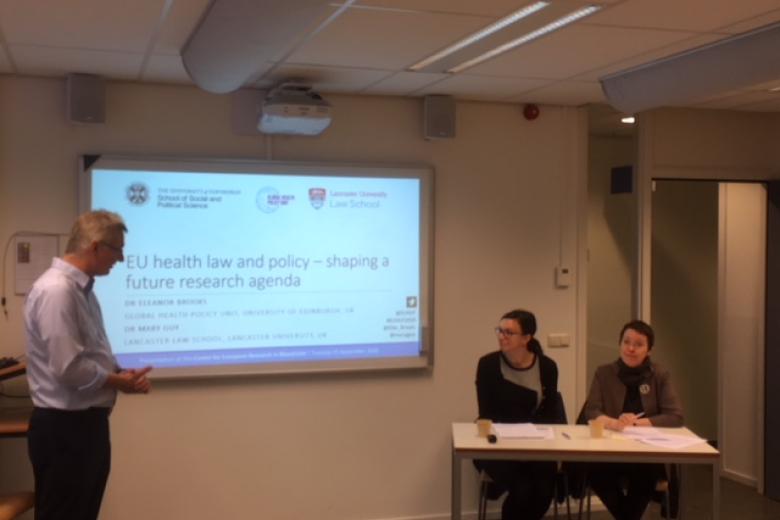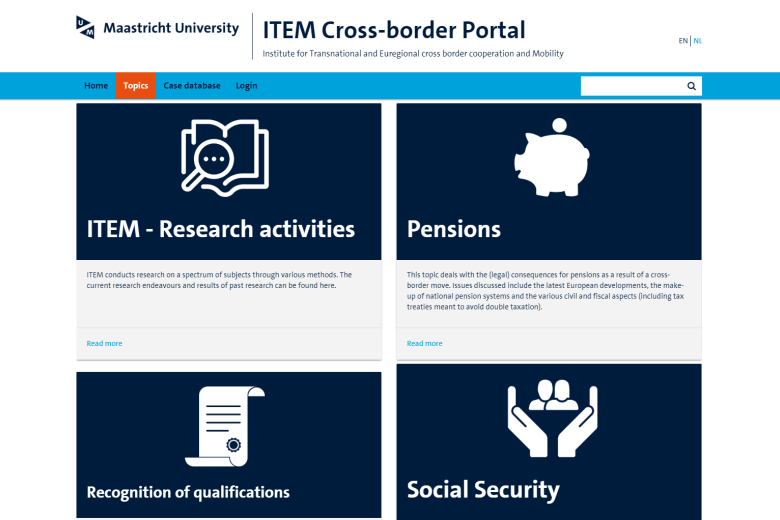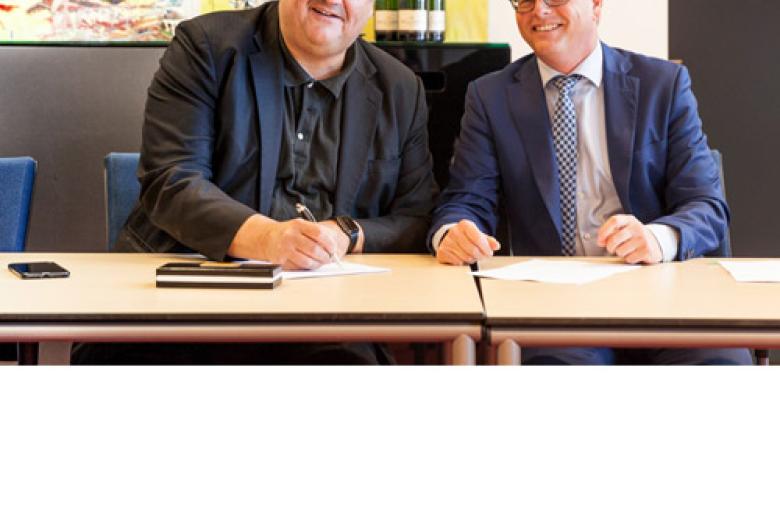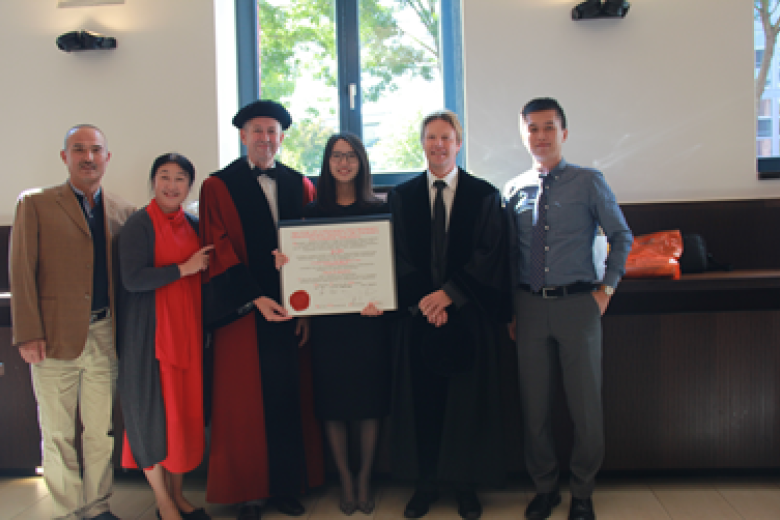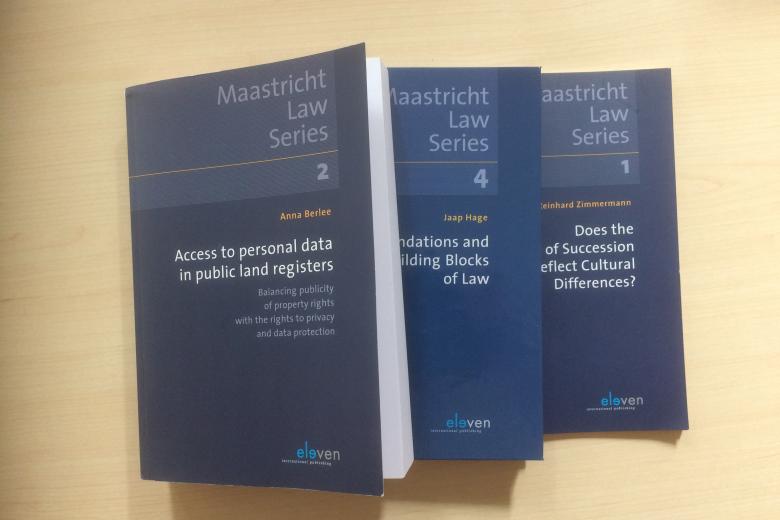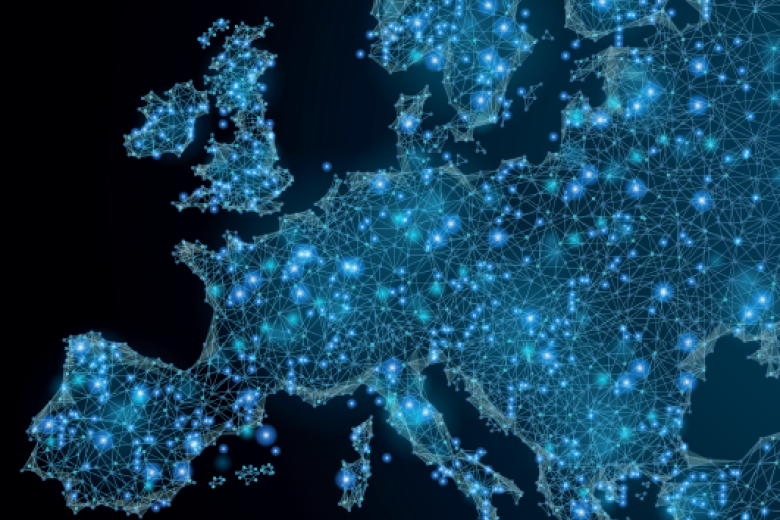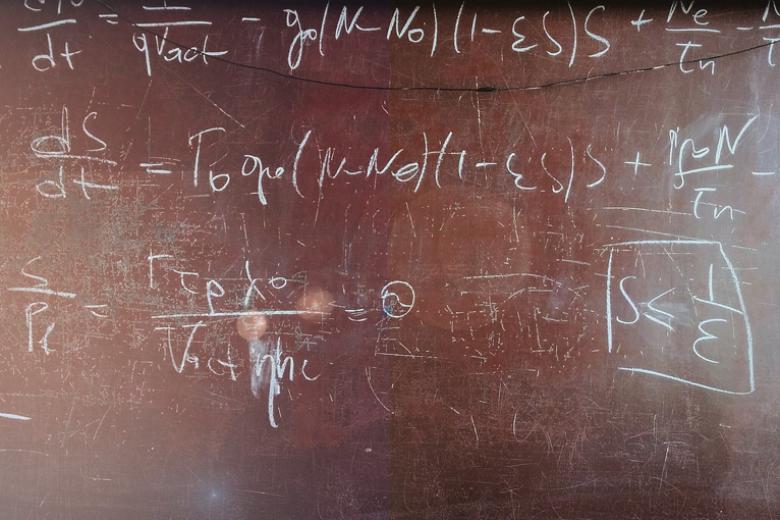Seminar 'EU Health Law and Policy' at the UM
Researchers of the Research Line VHC were involved in the seminar "EU Health Law and Policy: Shaping a Future Research Agenda" that was hosted at UM's "Centre for European Research in Maastricht (CERiM)" at September 25 2018.
